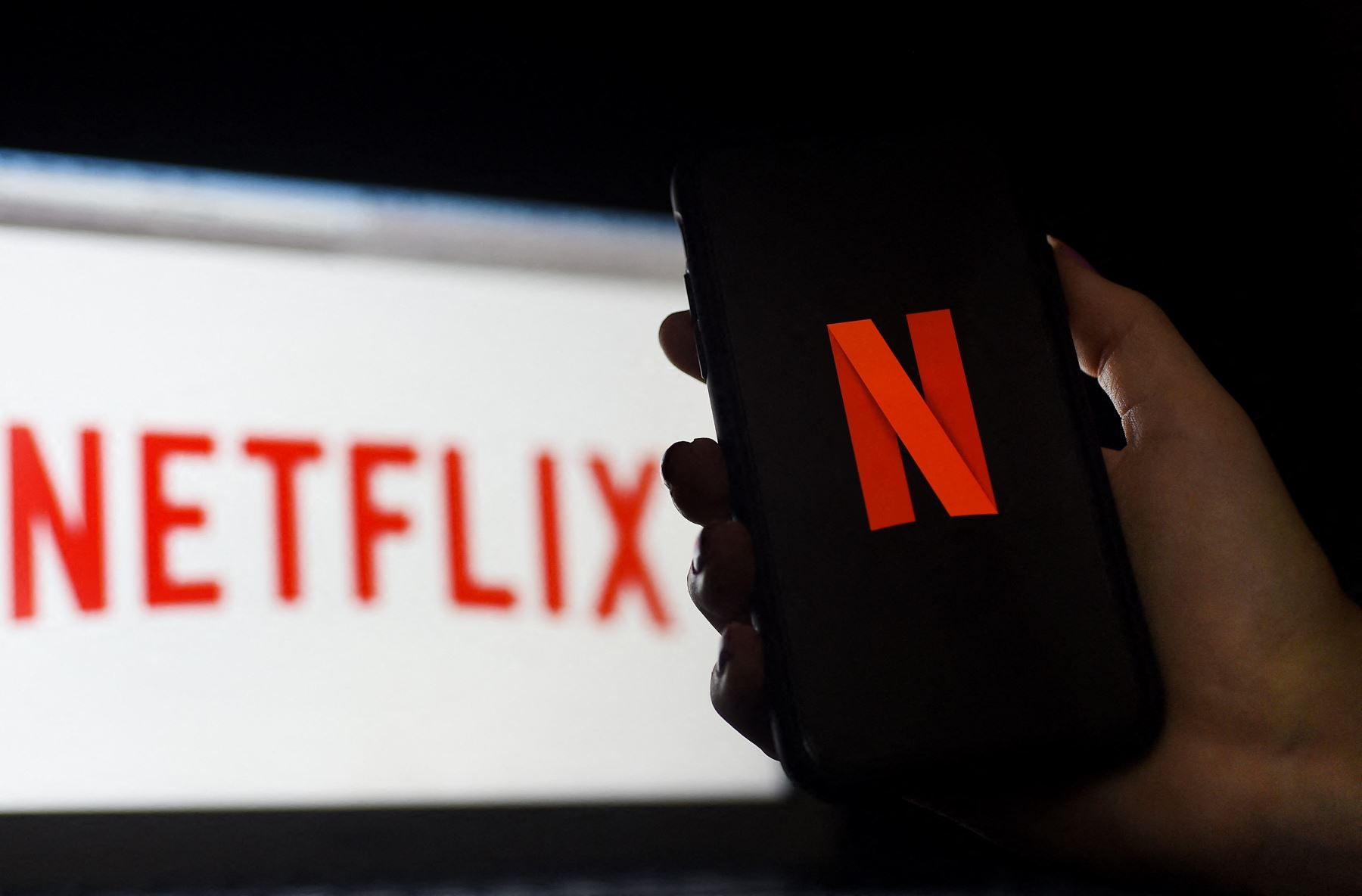
The Ministry of Economy and Finance (MEF) together with SUNAT, they announced, this Friday, April 26, an initiative in order to collect the general sales tax from Netflix and other streaming services that offer their services in Peru. With the implementation of charging these platforms, the State hopes to collect up to 1,200 million soles per year.
Minister José Arista spoke about why this system had not been applied before: “The VAT rate already exists, it is 18%. What happens is that in this case the supplier is external. When the VAT law was madeit was always thought that the provider of the service or good would be internal, but now we have an external provider. The law is not adequate in these terms: it created the tax, but not the form of payment.” That is to say, although there is already a system, which collects the money, This was not designed to collect from external productsas are the platforms of Disney, Netflix, Amazon or more; It is for this reason that the platforms have been able to operate in the Peruvian market without major difficulties.
This announcement by the government about its intentions to adapt the system to make these tax payments to the platforms has caused doubts among millions of Peruvians. The Republic contacted Carlos Adrianzén, doctor in Administration, master’s degree in Economics and dean of the Faculty of Economics of the Peruvian University of Applied Sciences, to learn more about the necessary modifications in the VAT and What would be the consequences of it.
Can VAT be applied to streaming platforms?
The economist Carlos Adrianzén pointed out that the IGV was not designed for this type of charges to platforms. Banks cannot be in charge of tax collection, much less alter their systems solely by decision of the MEF. This measure would have the final objective of raising taxes on people, since the population will be responsible for bearing the costs in the end.
“The creation of tailored taxes is not convenient for the country,” stressed Carlos Adrianzén, pointing out that, although the Government intends to raise more money with the aim of balancing the fiscal deficit, Using a measure such as the general sales tax on platforms that offer their service would not be profitable.
Will users pay more for Netflix, Disney+ and other services?
If the State chooses to continue with the intention of applying the VAT to these entertainment platforms, it is most likely that it will indirectly users will have to pay more for the service. As has happened In other countries where a similar measure has been carried out, the platforms would only increase the price of their services to compensate for the corresponding tax.
According to tax lawyer César Dávila: “Despite the duty of collaboration that taxpayers have, including financial entities, due to business dynamics, it is expected that the higher costs involved in the collection mechanism will end up having an impact on an increase in the prices of said entities, so as not to affect your margin.”
Who would have to pay the streaming tax in Peru?
For a possible application of the VAT, it is necessary to adapt and enable new systems In order to be able to make the corresponding payment to the streaming platforms, whether they are Netflix, Amazon or some similar platform, this would have a fairly high cost that banks have no responsibility to payindicated economist Carlos Adrianzén.
Furthermore, he stressed that, if paid by the banks, the Private entities should invest their profits to be able to correct this administrative absence. The economist pointed out that, until there is a bill that better details the authorization of VAT for the collection of external platforms, It is very likely that the payment will be made by the State.
How has the experience of this practice been in other Latin American countries?
This collection measure is not unique to Peru and much less is it new. For years, in different regions around the world, they have collected this tax. In the European Union there has been a tax on external platforms since 2015; in the United States, in some states, andThe charge is 10%.
In Latin America, countries such as Colombia, Chile and Mexico charge taxes on streaming services. The rate varies by country, but is usually between 16% and 19%. The question is who has borne the cost of this new tax. According to tax lawyer César Dávila, “The possibility is that the tax is collected and paid by the supplier, previously registered, or by the financial entity. There do not seem to be many other options.”
In general, the implementation of taxes on entertainment platforms It is a global trend that is having a significant impact on the streaming industry. It is important that users are aware of the taxes that apply to their entertainment services and how they could affect their pocketbook.
Source: Larepublica
Alia is a professional author and journalist, working at 247 news agency. She writes on various topics from economy news to general interest pieces, providing readers with relevant and informative content. With years of experience, she brings a unique perspective and in-depth analysis to her work.











